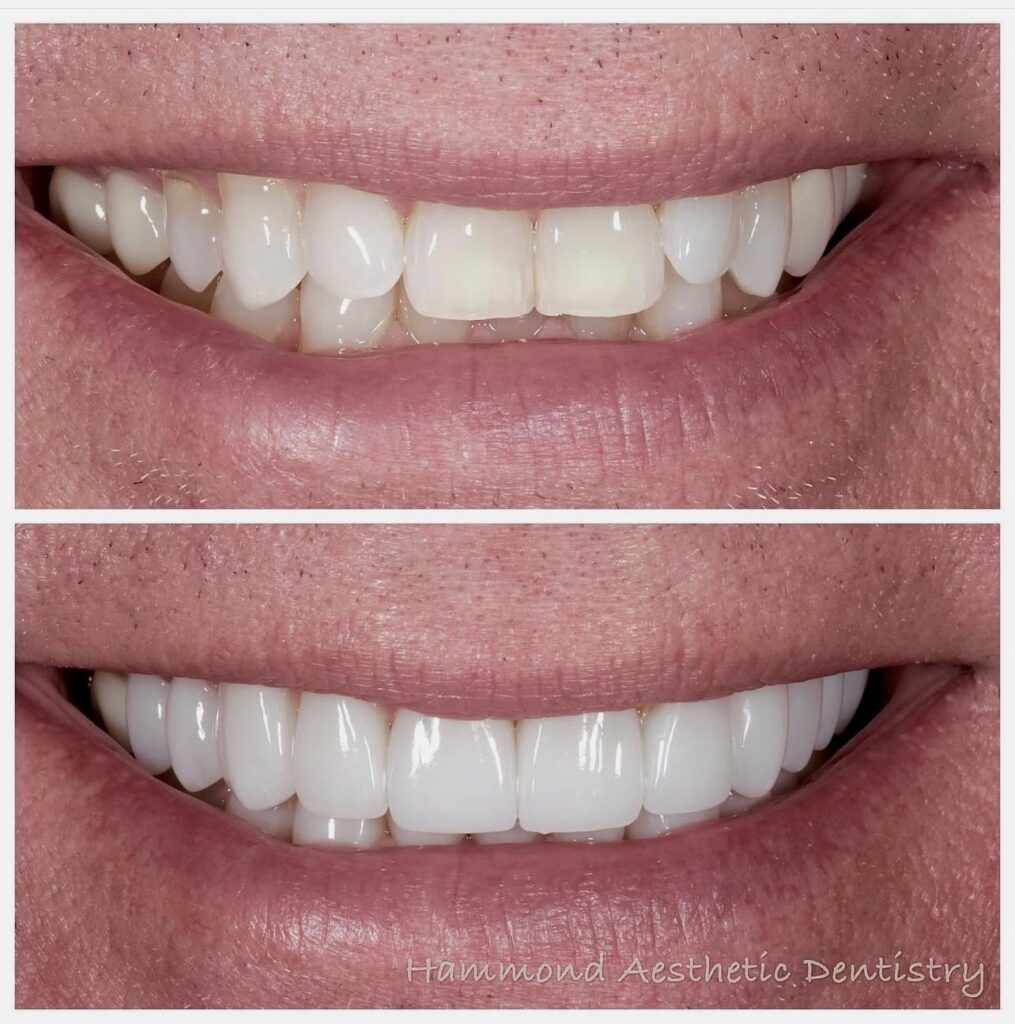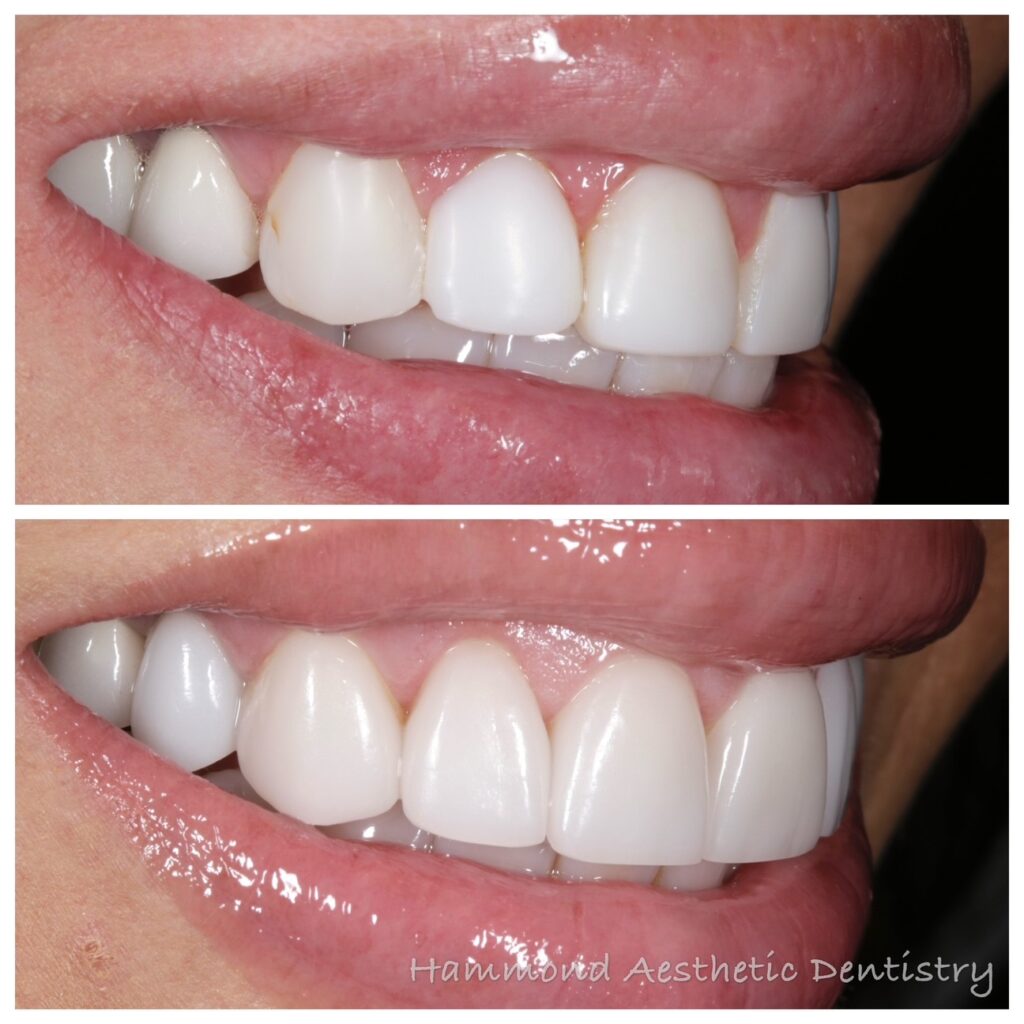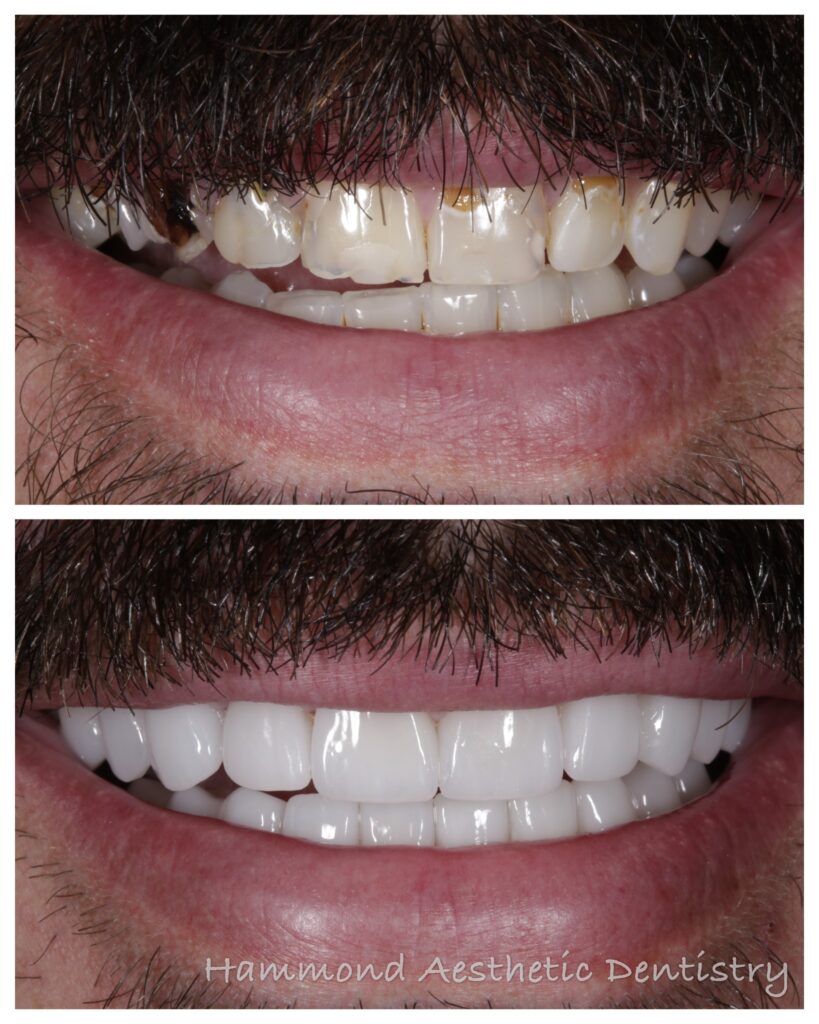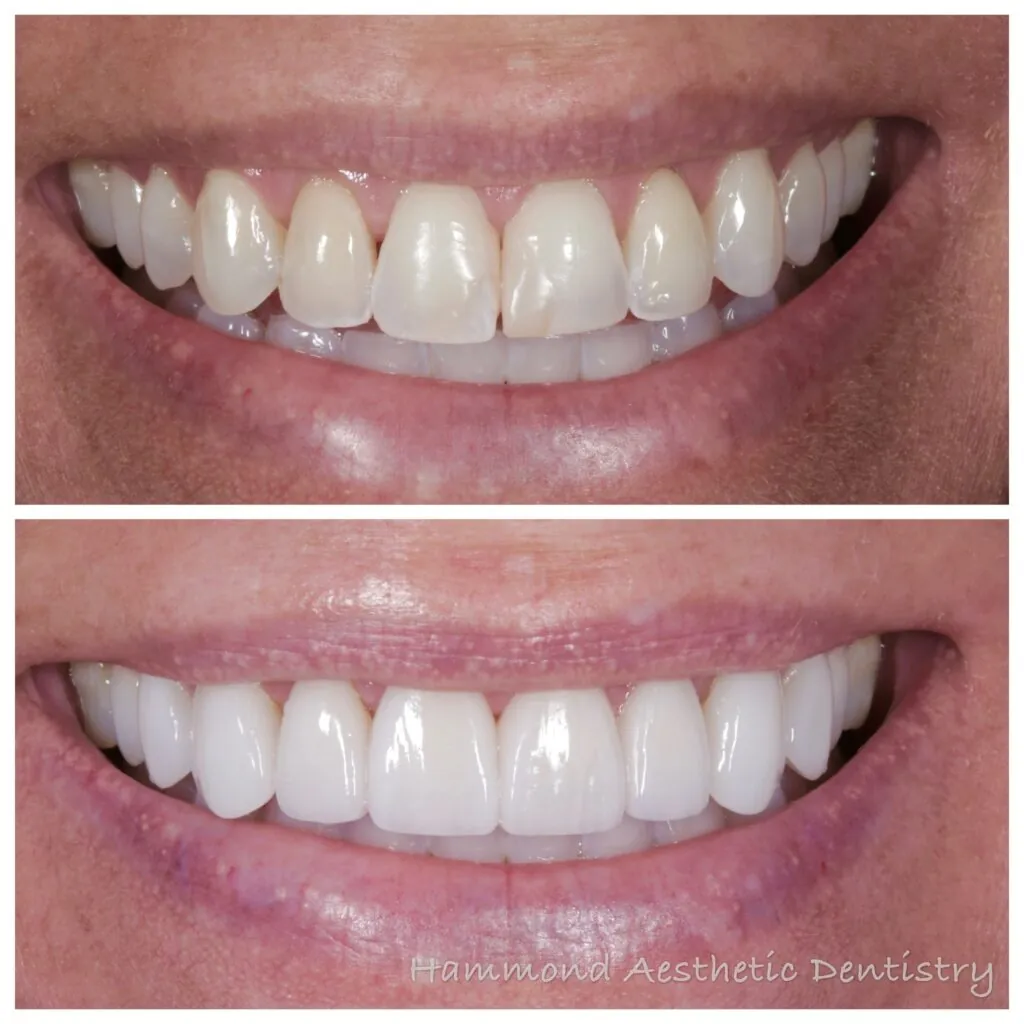Bulimia may be easy to hide from parents, friends or even physicians. But it’s something that dentists can detect fairly easily just by giving you a regular dental exam, reports the Academy of General Dentistry, an organization of general dentists dedicated to continuing education. Individuals with bulimia, a serious eating disorder, have recurrent episodes of binge eating followed by self-induced vomiting. According to a recent study in General Dentistry, the peer-reviewed journal of the Academy, binges can include as much as seven pounds of food and 20,000 calories, with purging episodes occurring as frequently as 40 times per day. These episodes bring stomach acids up through the mouth that are damaging to a tooth’s enamel. “The damage from purging mostly occurs inside the upper front teeth which causes erosion of the tooth’s enamel, sensitivity, thinning and chipping,” says Maharukh Kravich, DDS, spokesperson for the Academy of General Dentistry. At your next checkup, your dentist may ask you if you’ve had any recent medical or health problems in an effort to identify and prevent adverse effects in your mouth and body. If you have suffered damage to your teeth, your dentist can restore them with bonding materials once the purging episodes have stopped. A person doesn’t need to have bulimia to exhibit the effects of tooth erosion. Gastroesophageal reflux disorder (GERD), dietary or occupational exposure to acids (professional wine tasters), or “morning sickness” in pregnant women also can cause wear patterns. You can ask your dentist about a mouthguard or for a fluoride regimen to protect your teeth if the episodes are frequent.
|
To keep your teeth healthy, the following steps will neutralize the stomach acids and reduce their effect on your teeth: |
| 1. Immediately rinse with soda water (bicarbonate). Or, use a sugar-free mouth rinse |
| 2. Swish water around your mouth if nothing else is available. |
| 3. Brush with a soft toothbrush and fluoride toothpaste. |





